Surviving a Move
Avery's Story
by Avery Fry
I’m not a fan of living in Oakville.
To put things into perspective, I come from a small village in the middle of nowhere known as Raymond. Raymond, Ontario is home to about 100 people and about 65 heads of cattle. 50 of those cattle belong to my family’s beef farm, which I helped run for the first 17 years of my life. I graduated from a public school with fewer than one hundred students and attended a high school with about eight hundred students. The closest town was a 20-minute drive away, so getting food delivered to your house was out of the question.
It was peaceful, quiet and beautiful: something that I miss greatly. The kilometres of open fields, lakes, and bushland are what I consider my home, not a stone-cold jungle built from concrete and cars as far as my eyes can see.
When I first moved to Oakville in September, it was for college. Mentally, I thought I was ready to leave, but the idea of not having my parents around and living alone was terrifying. I just uprooted my entire life and moved two and a half hours away from my safety net and the people I call my family without really knowing anyone here. Sure I knew my classmates to an extent, but the only thing I really knew was their names.
After I moved, I stayed in my small basement room for three days. I physically and mentally wasn’t put together or ready to face a new environment alone, and once I did decide it was time to leave the safety of my room to explore, it wasn’t fair. The house I’m renting isn’t just for one person, but an area I share with three complete strangers. I never meant them in my life, even when I came to check out the room. I never even met one of them, until the second week of me in the house. I felt lost and alone.
The first time my parents came to visit me was the first time since I moved away that I felt entirely comfortable again. It was someone who was familiar and someone I trusted. Sadly, the visits were only for three hours tops so my parents had enough time to get home. But when they were here, the time together made me feel like my old self again.
Over time, I got used to living in Oakville. I warmed up to my classmates more and became friends with some of them. I’ve learned a lot while I’m here, but there are some things I’m still figuring out. I’ve learned how to take public transport to an extent. I can now order food to my door: something that isn’t possible in Muskoka.
I survived all the hardships and changes thrown my direction these past seven months: mentally and physically. From emotional breakdowns, depression and loneliness to the mountains of school work and late-night study hours. It wasn’t easy in the slightest, but I still survived. Moving to Oakville was the biggest change of my life but it gave me a chance to survive on my own and get a taste of city life.
As my time in Oakville gets closer to its end, I can’t say I won’t miss living in Oakville but the experience of living here will always be with me.
Oakville is never going to be the place I call home, but it’s a good temporary one.
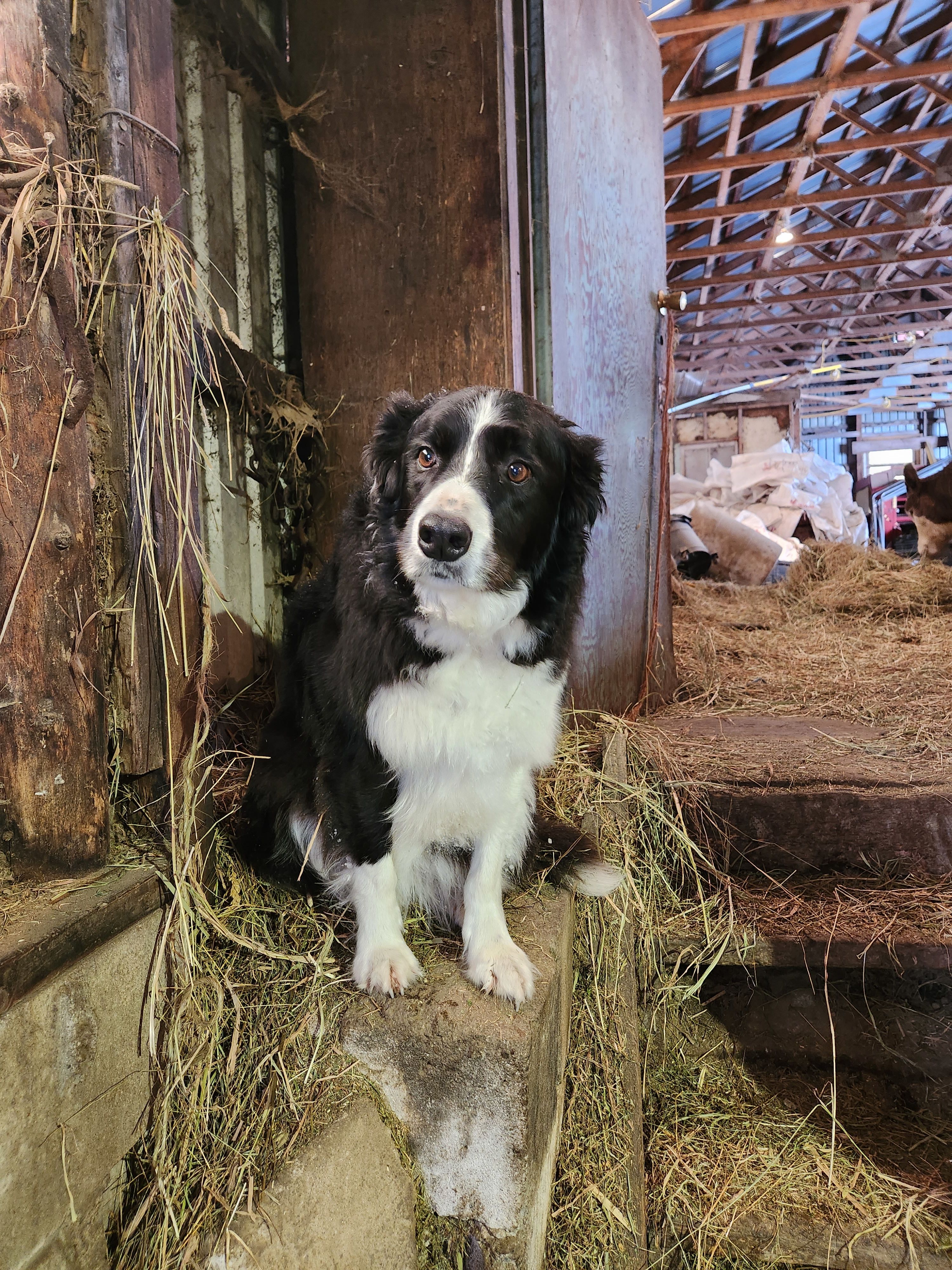
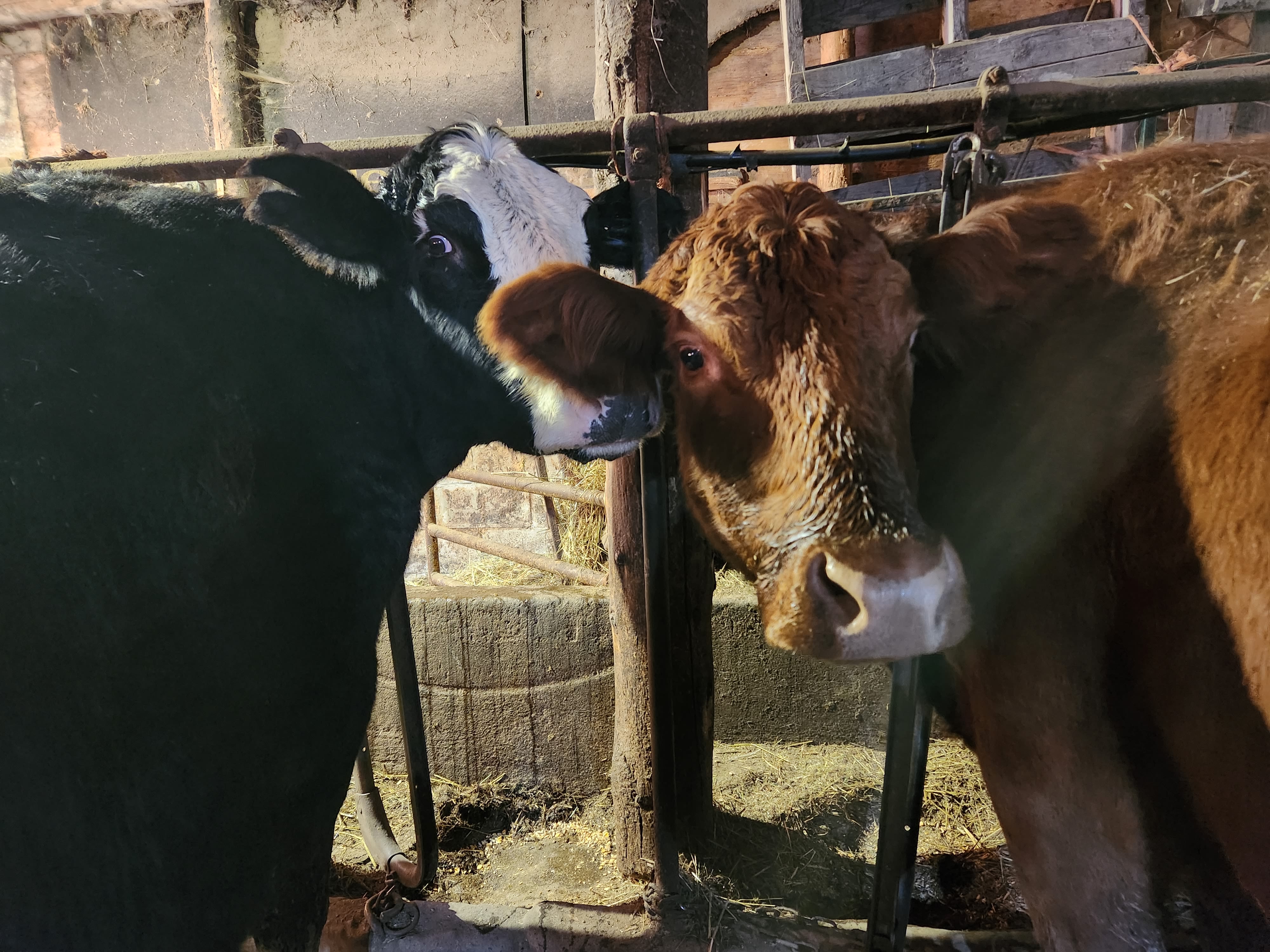


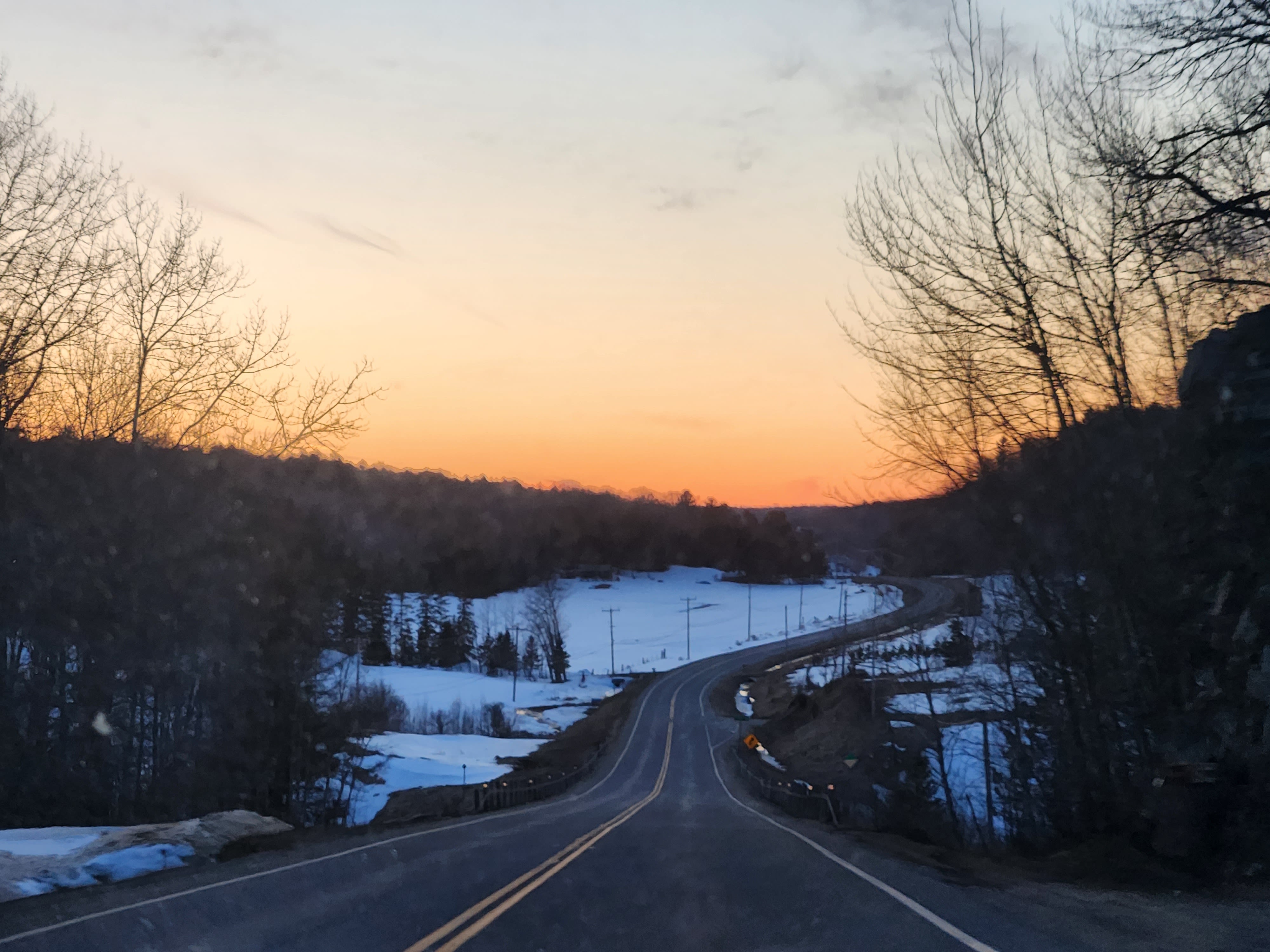





Waiting to be Seen
Nahed's Story by Dalia Sibie
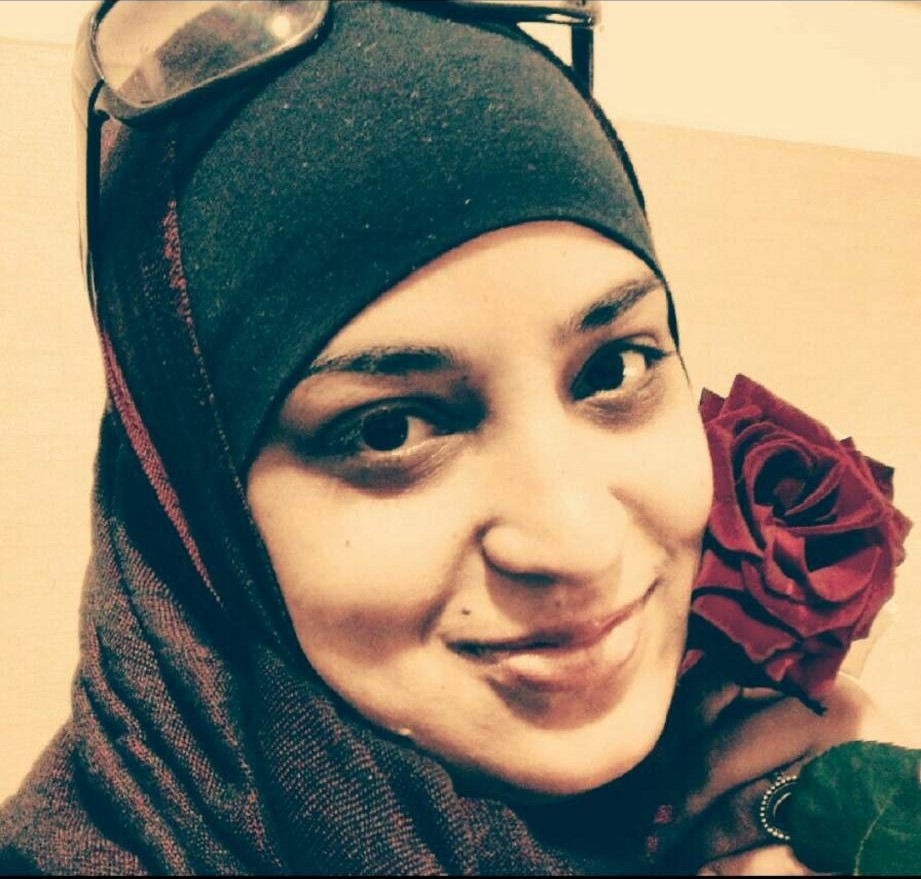
Nahed Dahan is waiting to be seen.
It is a cold February night in Ottawa. Nahed is sitting in a black chair, wearing a brown jacket and a white and brown hijab. Her daughter's toys are all over the floor. There are five paintings on the wall. Two red balloons are hanging in the corner of the room. She seems pale and exhausted. She is trying to put events together in her mind and tell her story.
When Nahed first came to Canada as a refugee fleeing the wars in Syria and Libya, she believed she was a survivor. She thought she had finally overcome all the challenges of life. Nahed was confident she would easily integrate into Canadian society. She assumed she would continue her doctorate right away. She hoped that she would find a job that matched her qualifications and education within a few months. However, what she discovered was different. She realized that she would be facing new kinds of challenges before being integrated into the Canadian system.
She wanted a fresh start. Nahed recalls the moment when she decided to leave Syria due to the war in 2012.
“It was the day a missile hit my house in Damascus. I still remember that day... fortunately, no one was home,” she says. Following that day, Nahed's family felt they needed a safe country to live in. “We fled the war in Syria and moved to Libya. Unfortunately, the Libyan civil war was just beginning,” Nahed says.
She lived in Libya for seven years. She got divorced there and suffered many psychological and physical disorders. She got married again. In 2019, she was granted refugee status and moved with her family to Canada. “I was so excited that day [arrival day], I felt so grateful to Canada. It rescued my family from an uncertain future,” she says, smiling.
After coming to Canada with war-related trauma, Nahed wanted to forget all the suffering she had been through. She was looking forward to starting over and integrating quickly into Canadian life.“But it wasn’t as easy as I thought," she says. A few months after her arrival, she began to face language barriers and racial profiling. Nahed faced the obstacle of not being able to speak French in a French-speaking area in east Ottawa.
“My English is very good, and I can understand a little bit of French, So I remember the day in Costco when I asked [in English] the cashier about a product, and she turned to her colleague telling her in French; she is not only a hijabi, but she doesn’t speak the language either. I couldn’t stand the situation. I left my trolley and walked out of the store," she says.
Nahed wanted to work and prove that she was a valuable refugee. Nahed began looking for a job. She has a master's degree in biotechnology and was preparing for her Ph.D. before the war in Syria. She was a professor in Syria and a school principal in Libya. “I thought getting a job in my field would be easy once I come to Canada, but it wasn't as simple as I thought it would be," she says.
Nahed faced barriers that impeded the recognition of her credentials and work experience.“To start a Ph.D., I have to retake all that I have already studied in Syria. From a high school diploma until university, so another five or six years of schooling,” she says. Since she moved to Canada, she felt her professional life was being put on hold while she grew older. She wanted to put her international experience into practice and improve her self-esteem.
"How long should it take me to study, work, and achieve my goals? I am already 42 years old,” she says. Nahed felt she didn’t get enough help from social services. “It is not enough to merely resettle them here. We need to ensure that we are creating the conditions for them to integrate into the Canadian economy and have access to broad-based economic and social opportunity,” says Emilio Rodriguez, a refugee rights policy analyst.
Nahed says that all the available jobs were irrelevant to her profession and low paying. “If I put my daughter in a private day care, it would probably consume all of that salary,” she says.
In light of the low employment rates for refugees in the early years after their arrival, Ervis Martani believes that it is essential to deliver training programs that align refugees' current talents and vocations with the Canadian labour market. It would increase the likelihood that refugees would be prepared to work quickly.
Nahed said that she is one of many refugees who think of Canada as the land of opportunities. Canada isn't just a safe shelter for them. They want to achieve in Canada the dreams they couldn't achieve in their original countries.
“I love Canada. I just want to repay what this country has given me, but I feel helpless," she says.
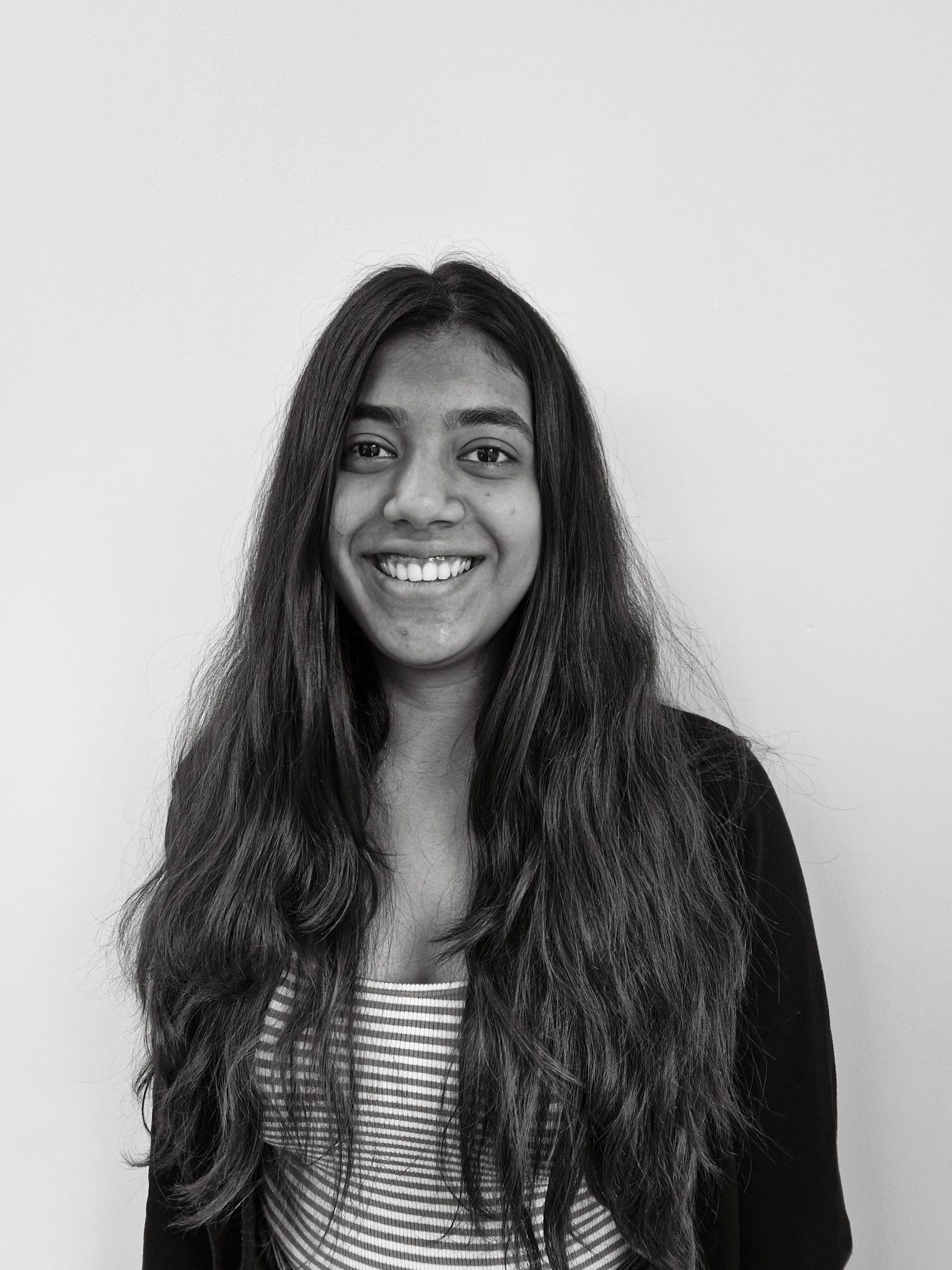
Cindy's Story
by Cindy D'Mello
As the world started adjusting to the ‘new normal,’ I started building my career. While still getting accustomed to a changed education system post covid, I chose to relocate to a different country to start over.
As a child growing up in India, I always wanted to move to a different country. My decision to move to the UK to study for a master’s degree was solely based on my self-growth. I wanted to be independent; kickstart my career on my own terms, and basically, just make my parents proud. I owe it to them. I always thought being an international student would be an easy process - to settle, make new friends, explore and so on. It is not.
It’s been 6 months since I moved and I am still trying to figure out my life as a student. In a place where no one recognizes the real me, being myself can be challenging. It has been an emotional process. At home, I lived with my parents and moving 3000 miles away was intense. Realising I am not going to see my parents and my friends for a while, and that I must accept this as my normal routine, has been an excruciating process. Since childhood, I have always been taught that family is a priority and I have grown up with that. Now that I am living and surviving alone in a new country, I realize why family is so important.
I can blabber about my family all day but honestly, even though they live far away, they are still my strength to survive this independent lifestyle, which was my choice. Although the international lifestyle of a student is often depicted as one of ease and humour, not every day is perfect. I always believed that I wouldn’t experience homesickness or even face a negative experience but c’mon, the perfect world doesn’t exist, right?
These past 6 months have no doubt made me stronger and a better cook! But, there are days where I curl up in my bed and cry myself to sleep, feeling homesick as I keep trying to fit in with a new culture. It can be a thrilling experience meeting new people and it can also be daunting. As an English lit student, my coping mechanism to get through was to write letters to myself, appreciating how far I have come as a person. Just telling the 16-year-old me about how I feel and how I have been getting through difficult times made me feel lighter.
The best part of surviving change in an unknown country has been the opportunity to reflect on myself as a human being. Accepting my past and letting it slide to build something better feels like an immense relief. I push myself to have new adventures while clinging to some wonderful memories from back home and I am grateful for both. I’m not saying I prefer being alone, but I am proud of my decision to move and fighting through the difficulties to make it work.
Kate's Story
by Kate Gaetto
Leaving home for me was easy - I felt ready to go. Living in a very small place I found myself often bored of life around me. However, adjustment to the UK was nerve-wracking from the beginning of my time at university. Although Gibraltar and the UK are similar, due to the fact Gibraltar is seen as a British territory, the climate and social cultures are somewhat different. I experienced loneliness during my time at university in my first year as I felt as though my expectations of university were completely different from reality. I found out I had a strong accent and had different humour styles from those I met. I struggled with my sleeping pattern due to long repetitive nights of drinking and often felt depressed in my university halls. Like many, my room represented a shoebox. However, I was surrounded by many people due to the tight fit of flat to student ratio, which was great for having people to talk to. However, most conversations lacked the friendship connection that you immediately get with people you grew up with, and not having these people that know me to my very core made me feel very lonely. It wasn't that I didn't like those around me - I made genuine friends in my flat and went on to live with them - but that beginning period was very lonely and I felt the excitement of starting university overcrowded with thoughts of depression and anxiety - living with people I didn't really know, in a small space, led to me feeling displaced and actually missing my tiny home. However, after this adjustment, I found myself growing, and becoming confident to meet new people, try new things and better myself.
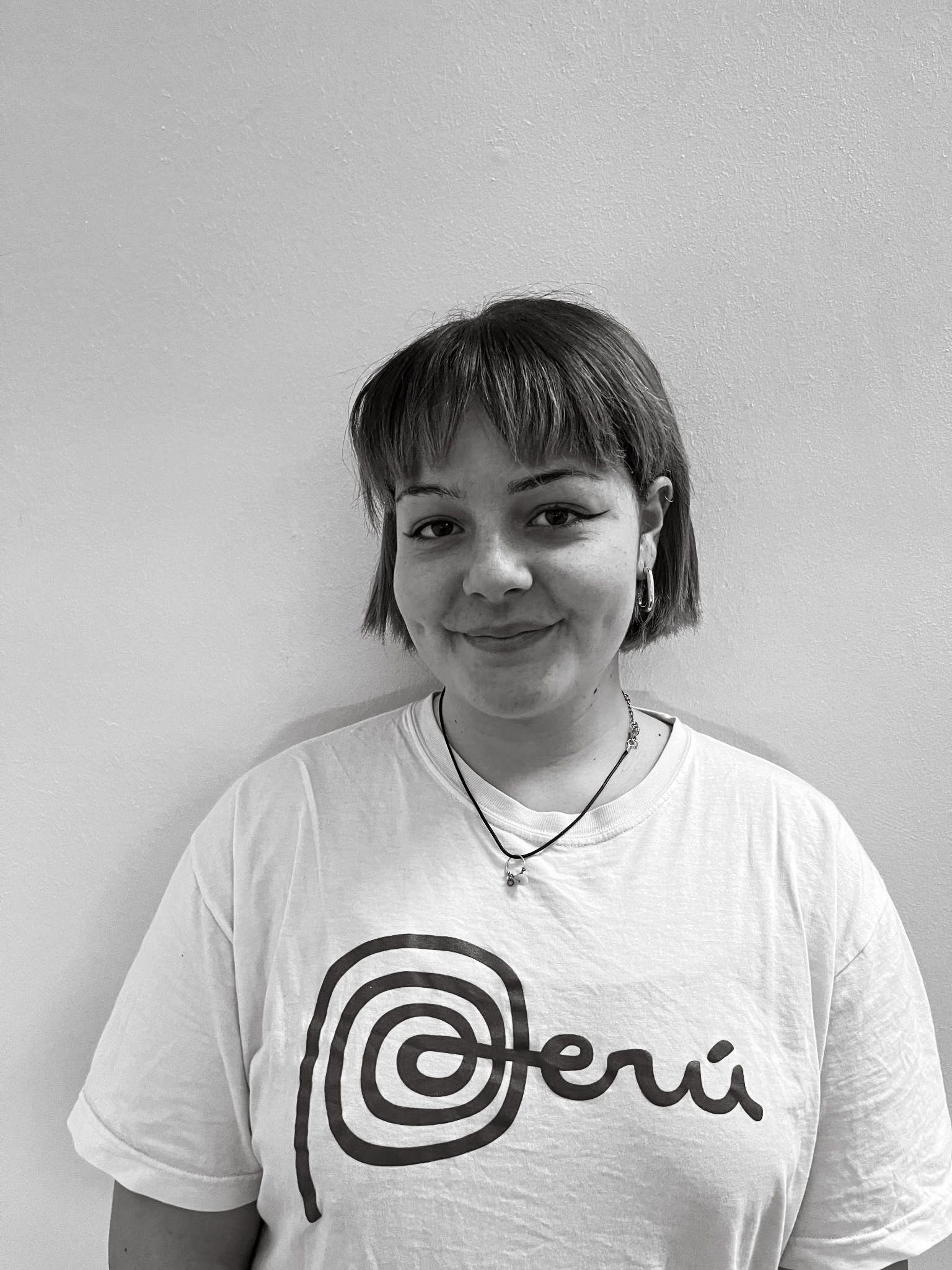
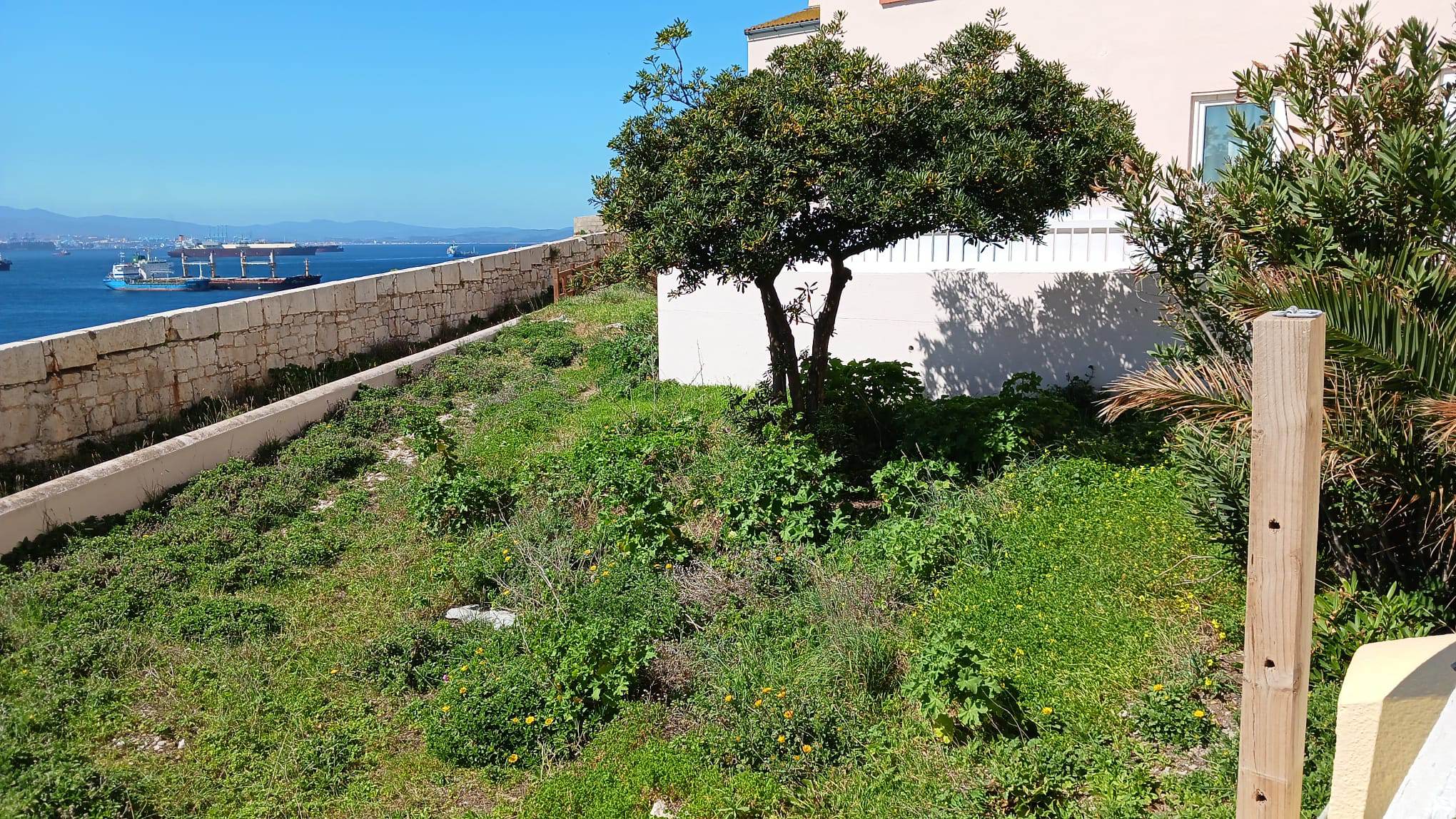
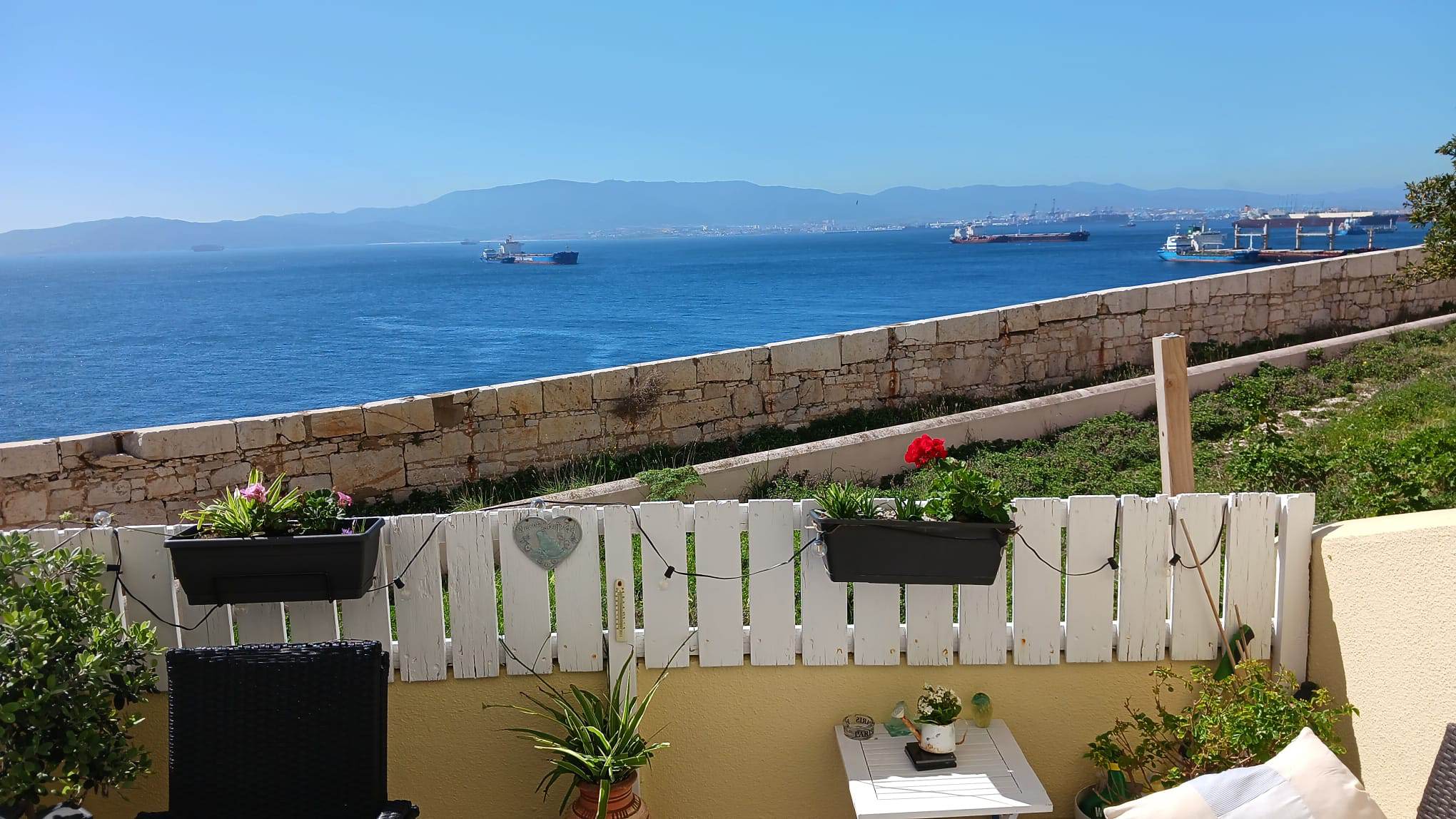

Gibraltar
Gibraltar

Gibraltar
Gibraltar
